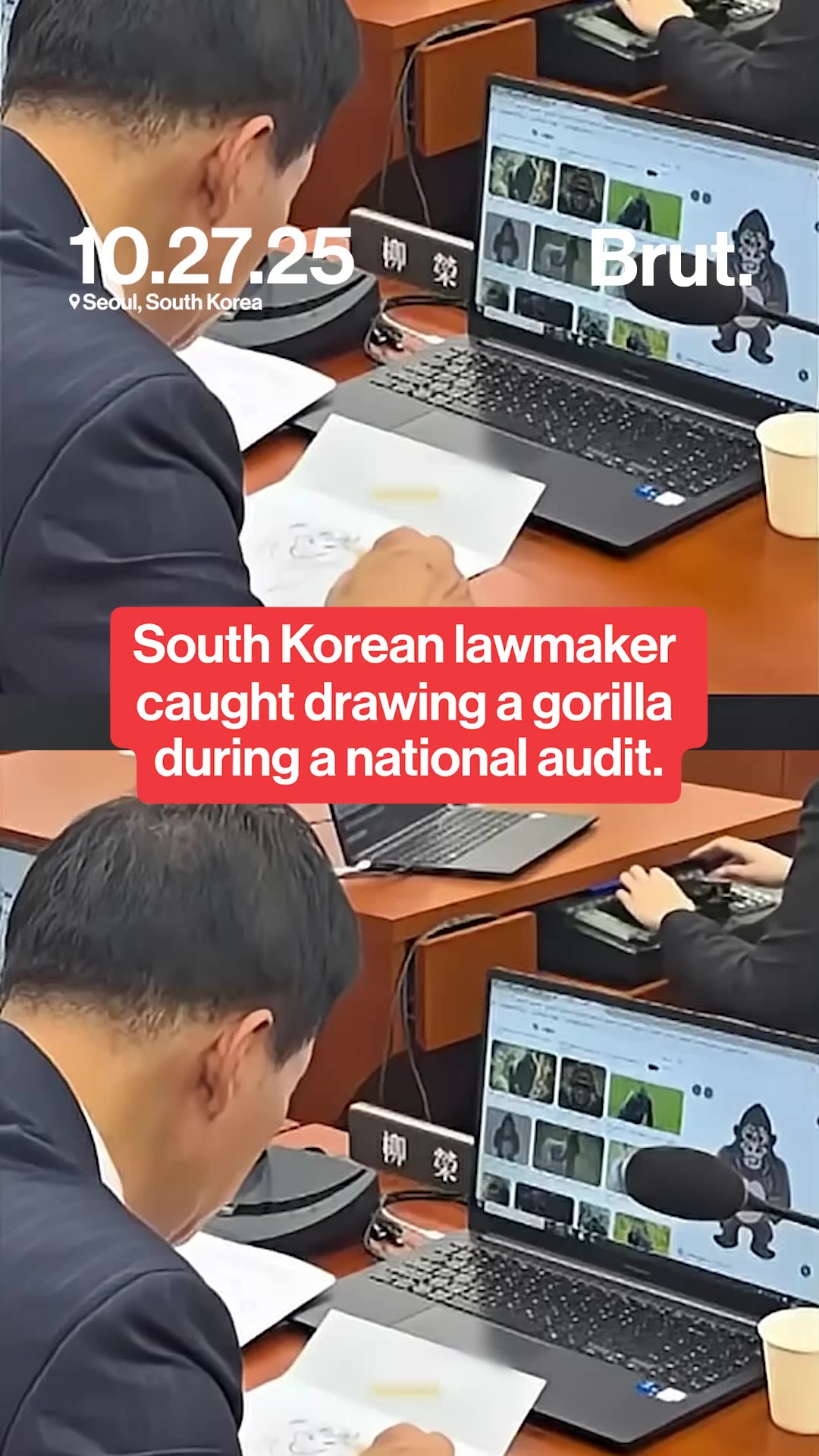Aung San Suu Kyi's Fall From Grace
Aung San Suu Kyi's Fall From Grace
Aung San Suu Kyi was born on June 19, 1945 In Rangoon, then British Burma. Her father was Aung San, commander of the Burma Independence Army. He helped negotiate the end of British rule in Burma in 1947 but was assassinated later that year. At 15, Suu Kyi left Burma for India, where her mother served as ambassador. In 1967, She graduated from the University of Oxford. In 1972, she married British historian Michael Aris, with whom she had 2 children. In 1988, she returned to Burma to care for her mother who'd had a stroke. That same year, a pro-democracy movement against Burma’s dictatorship began. Amid massive protests Suu Kyi began speaking out. She helped found the National League for Democracy Party (NLD).
In 1989, at 43, the military government placed her under house arrest. They changed the name from Burma to Myanmar after thousands were killed in an uprising. In 1990, an election was held, and the NLD won 80% of the seats — but the military refused to give up power.
In 1991, she was awarded the Nobel Peace Prize. Her family accepted on her behalf. In 1999, Her husband died from cancer. Suu Kyi didn't go see him out of fear she wouldn't be let back into Myanmar. She went on to receive the Presidential Medal of Freedom and Congressional Gold Medal.
In 2010, at age 65, she was released from house arrest. She's spent 15 of the past 21 years under house arrest. In our movement for democracy and human rights in Burma,
In 2012, she won a seat In Myanmar’s parliament. 3 years later, her party swept into power in Myanmar’s first freely held parliamentary elections. Suu Kyi was named state counselor and became Myanmar’s de-facto leader. In 2017, reports emerge of human rights abuses against the Rohingya — an ethnic minority group that’s mostly Muslim. They live in the Western state of Rakhine. The U.N. investigated allegations of crimes, including mass killings and rape, by Myanmar’s military. More than 700,000 Rohingya Muslims have fled to Bangladesh to escape the atrocities.
In 2018, Suu Kyi has several awards revoked for her failure to intervene in the humanitarian crisis, including the U.S. Holocaust Museum’s Elie Weisel Award, the Freedom of the City of Oxford award, and Amnesty International’s Ambassador of Conscience Award. That same year, 2 Reuters journalists Wa Lone and Kyaw Soe Oo were arrested and sentenced to 7 years in prison after reporting on Rohingya killings.The case has been held in open court. If anyone feels there has been a miscarriage of justice, I would like them to point it out.In May 2019, the 2 Pulitzer Prize-winners were released after spending more than 500 days in prison.
Despite this, the U.N. warned press freedom In Myanmar remains “dire.” From her government’s prosecution of journalists to her inaction on the Rohingya crisis, Aung San Suu Kyi — once viewed as a symbol of resistance and democracy — has seen a dramatic fall from grace.
Brut.
Aung San Suu Kyi's Fall From Grace
Aung San Suu Kyi's Fall From Grace
Aung San Suu Kyi was born on June 19, 1945 In Rangoon, then British Burma. Her father was Aung San, commander of the Burma Independence Army. He helped negotiate the end of British rule in Burma in 1947 but was assassinated later that year. At 15, Suu Kyi left Burma for India, where her mother served as ambassador. In 1967, She graduated from the University of Oxford. In 1972, she married British historian Michael Aris, with whom she had 2 children. In 1988, she returned to Burma to care for her mother who'd had a stroke. That same year, a pro-democracy movement against Burma’s dictatorship began. Amid massive protests Suu Kyi began speaking out. She helped found the National League for Democracy Party (NLD).
In 1989, at 43, the military government placed her under house arrest. They changed the name from Burma to Myanmar after thousands were killed in an uprising. In 1990, an election was held, and the NLD won 80% of the seats — but the military refused to give up power.
In 1991, she was awarded the Nobel Peace Prize. Her family accepted on her behalf. In 1999, Her husband died from cancer. Suu Kyi didn't go see him out of fear she wouldn't be let back into Myanmar. She went on to receive the Presidential Medal of Freedom and Congressional Gold Medal.
In 2010, at age 65, she was released from house arrest. She's spent 15 of the past 21 years under house arrest. In our movement for democracy and human rights in Burma,
In 2012, she won a seat In Myanmar’s parliament. 3 years later, her party swept into power in Myanmar’s first freely held parliamentary elections. Suu Kyi was named state counselor and became Myanmar’s de-facto leader. In 2017, reports emerge of human rights abuses against the Rohingya — an ethnic minority group that’s mostly Muslim. They live in the Western state of Rakhine. The U.N. investigated allegations of crimes, including mass killings and rape, by Myanmar’s military. More than 700,000 Rohingya Muslims have fled to Bangladesh to escape the atrocities.
In 2018, Suu Kyi has several awards revoked for her failure to intervene in the humanitarian crisis, including the U.S. Holocaust Museum’s Elie Weisel Award, the Freedom of the City of Oxford award, and Amnesty International’s Ambassador of Conscience Award. That same year, 2 Reuters journalists Wa Lone and Kyaw Soe Oo were arrested and sentenced to 7 years in prison after reporting on Rohingya killings.The case has been held in open court. If anyone feels there has been a miscarriage of justice, I would like them to point it out.In May 2019, the 2 Pulitzer Prize-winners were released after spending more than 500 days in prison.
Despite this, the U.N. warned press freedom In Myanmar remains “dire.” From her government’s prosecution of journalists to her inaction on the Rohingya crisis, Aung San Suu Kyi — once viewed as a symbol of resistance and democracy — has seen a dramatic fall from grace.
Brut.













